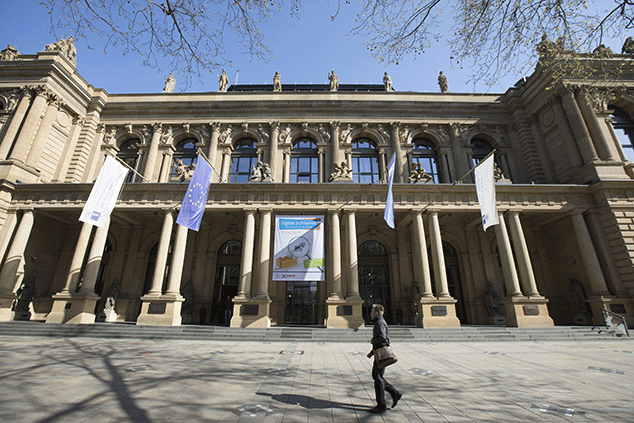
The global trade war is a serious problem for a country where exports represent a massive 47% of total GDP. As economist Patrick Artus tells Les Echos, the German economy is heavily weighted towards the automobile industry, chemicals and massive exports of industrial machinery to China. What’s more, this economic model could now be faced with “obsolescence”.
Too much of a good thing
Most Germans remain relaxed about the downturn, says Christian Odendahl in the Financial Times. The country is close to full employment and wage growth is solid. In stark contrast to so many other developed nations, Berlin last year ran a €58bn budget surplus, equivalent to 1.7% of GDP. Yet it is precisely this frugality that is the problem. The nation’s infrastructure is in “dire need of repair… one in eight of its 40,000 bridges… is no longer in adequate condition”. German technology is looking outmoded – it is Tesla, not German car giants, that seems to be preparing the wave of the future.
Teutonic tightfistedness has global consequences, notes John Authers on Bloomberg. With so many savings chasing so few bonds, Europe has become ground zero for the global slide into negative bond yields. Those yields mean that the market is effectively begging Germany to borrow and spend more. With inflation low and a huge trade surplus with the rest of the world there is ample headroom to do so. Yet Germany is “maddeningly averse to fiscal stimulus”.
Constitutional rules ban borrowing to finance large structural deficits, notes The Economist, and the “black zero” commitment sees the government pledge balanced budgets. Conditions may need to worsen before German politicians are willing to turn on the fiscal taps, but that day may yet come. With European interest rates already so low, the central banking “toolbox is nearly exhausted”.
As we pointed out last week, the ailing health of eurozone banks is another key economic concern. That said, much of the worry may already be in the price: on a cyclically adjusted price/earnings ratio of 17.6, German equities are now almost as cheap as Britain’s. Any loosening of the purse strings in Berlin could spark a near-term rally. As for bonds, Germany remains a key barometer of the global economy and the centre of the current market madness. Investors should watch closely.
Will Argentina default yet again?
One primary election was enough to give Argentina an “instant financial crisis”, says Craig Mellow in Barron’s. The country’s Merval stock index plunged 48% in dollar terms in a single day last week after a primary vote gave a clear lead to opposition candidate Alberto Fernández. He is now expected to beat pro-business incumbent Mauricio Macri in presidential elections in October. The market wipeout was the second-largest one-day drop anywhere in the world since 1950.
Argentina secured a $56bn bailout from the International Monetary Fund (IMF) in the wake of a financial crisis last year. Yet the prospect of an anti-market Peronist coming to power means that “a sovereign-debt default is increasingly likely”, says Edward Glossop of Capital Economics. Credit default swaps show that the implied probability of a debt default within five years has “soared” to 75%, adds Colby Smith in the Financial Times.
“A 60-year-old lawyer with a long technocratic resumé”, Fernández is regarded as more moderate than former president and running mate Cristina Fernández de Kirchner, notes Mellow. Yet academic Robert Scott III says that investors should still be wary of the Peronists. “Big spending and truculence with creditors has been ingrained in their DNA… Argentina borrowing more from the IMF is like filling a bathtub with a huge drain in it.”